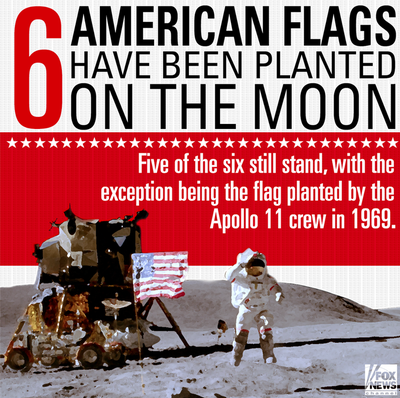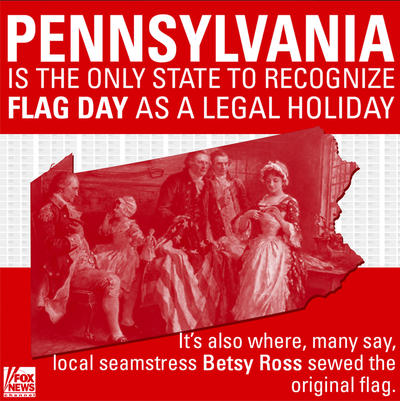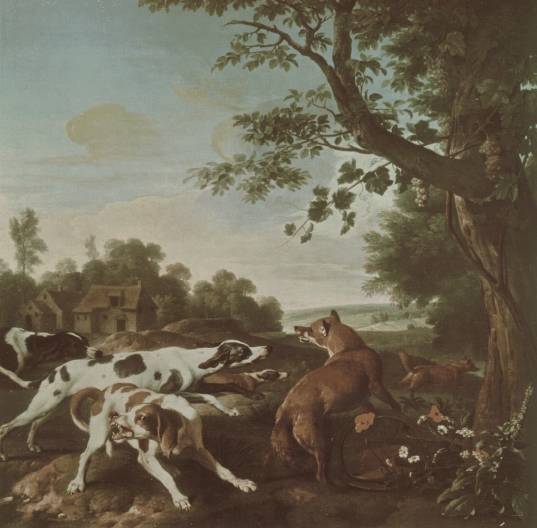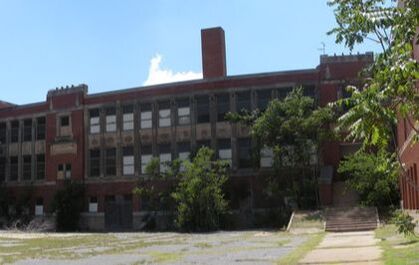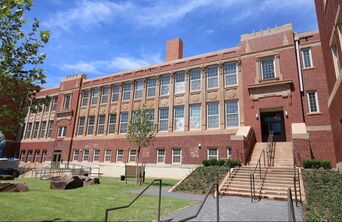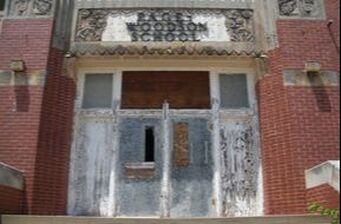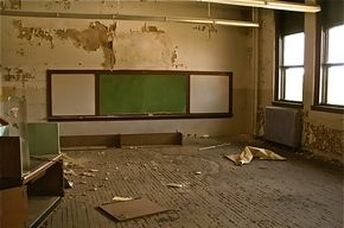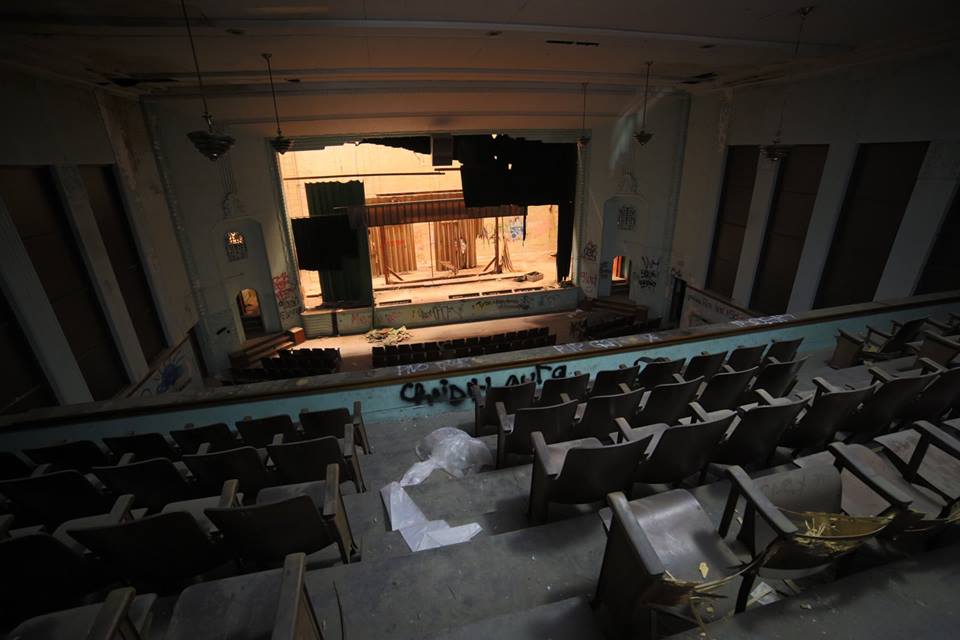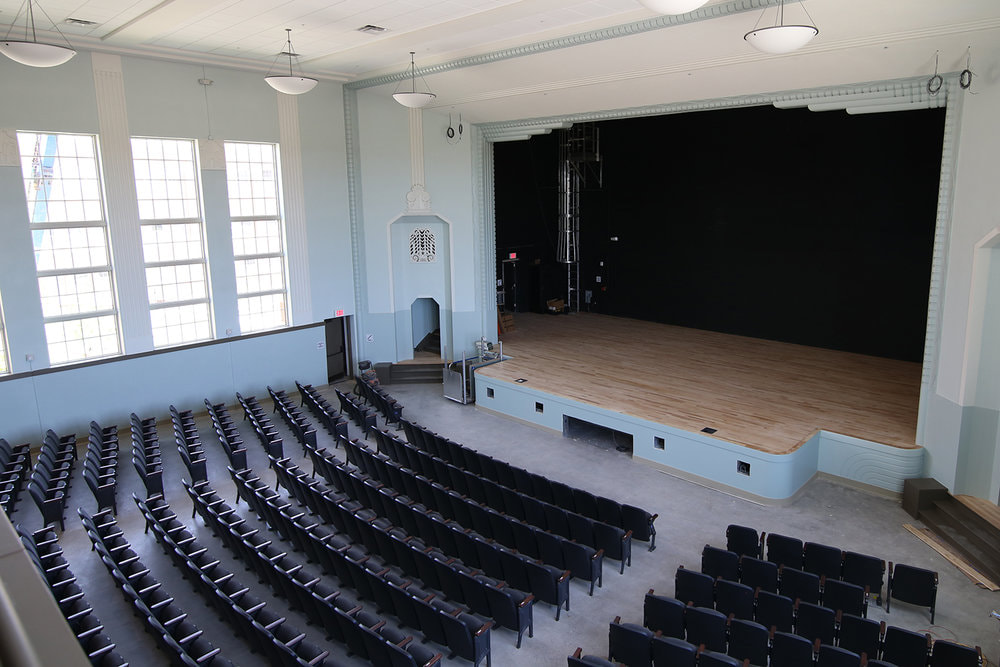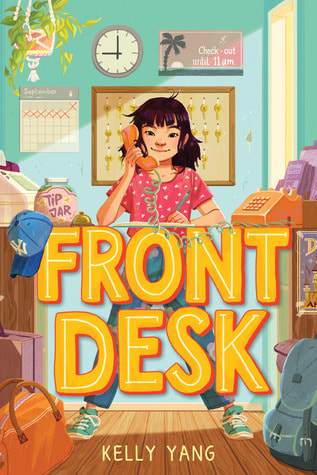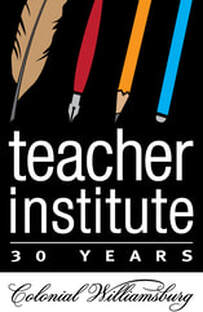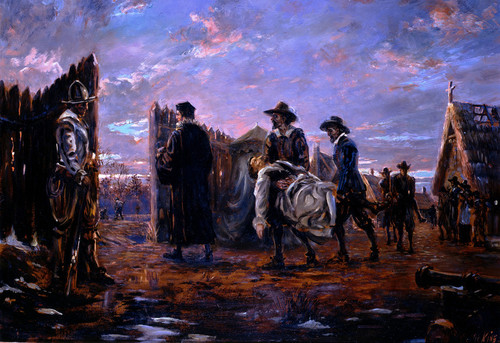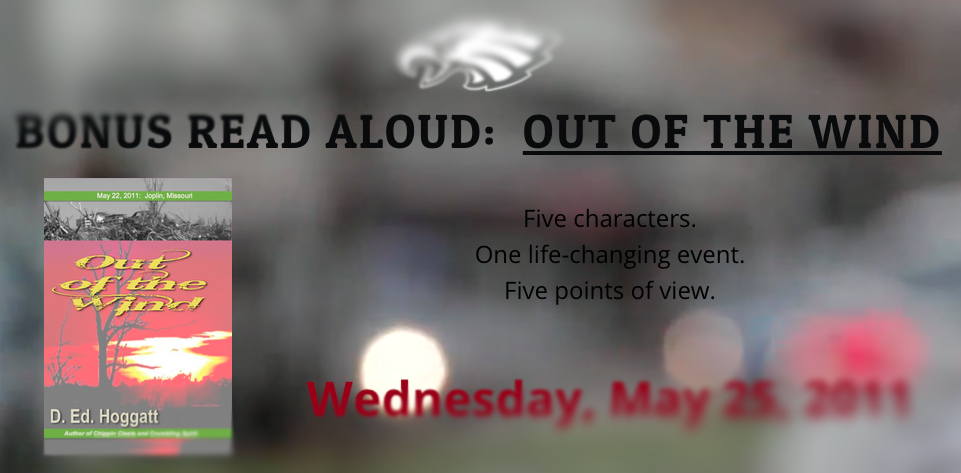| | Students are often called upon to read "chorally". That is, they read together simultaneously as a group. Repeating this practice assists young readers with reading fluency - the speed, accuracy, and inflection of oral reading. Why not, since it's called "choral" reading anyway, actually read the chorus of a song? |
|
0 Comments
We the People of the United States, There is a line in the Preamble of the United States Constitution that mentions, "...in order to form a more perfect union..." It tells us that we do not consider our nation perfect, but that we strive to understand things better to make things better. Understanding the goals helps us identify our mistakes and our flaws so we can correct them and fix them. History is ugly. In particular, the founding centuries of the United States of America were pretty dirty: they were times of filth and stink. But the 17th and 18th centuries also provide us with the rich origin of our great nation. Things have not always been rosy for our citizens (for some even less rosy than others), and even our greatest leaders had their flaws. That's what makes our continuing study of history so important. We continue to strive for that goal: "...a more perfect union..." June 14 is Flag Day in the United States. This year, as much as it ever has, the Star-Spangled Banner represents different things to different people. While some refuse to salute the flag or pledge to it due to what our nation is, where our nation came from, and the possible direction the nation is headed, I like to see the Stars and Stripes as the American Dream, a goal for an ideal, free, and fair nation. It is a representative of the colonization of a diverse nation, the founders' efforts to instill freedom, soldiers' determination to defend liberty, and citizens' continuing attempts to fairly apply the law.
There is no doubt that this world is not fair. Some are definitely more advantaged than others - by inheritance, by race, and by popularity - and it stinks. I think I understand (though probably not fully). Poverty, racism, and all kinds of religious hatred and political lies only exacerbate the climate of our great land. However, the flag represents more than that. The flag stands for the things we strive for...together. Our nation was not borne naturally. Our nation was put together to combat negativity. Flag InfographicsBut history is ugly! Much in the same way that I make mistakes and do stupid things from time to time, so goes our country. There's no doubt that the United States has had its share of faltering moments, but the call of a day like today might be to stand back up, learn from falling, and fix ourselves. I choose to see the flag as a dream for liberty for all and reward for hard work. May it stand for peace - even if peace has not always been the norm and even if peace is not the current headline. May our flag stand for what could be, what we want it to be, and what we have not yet achieved!
Wait a minute! Did that say "learning to dance"? Stop laughing! That's one of the reasons I enjoy attending institutes like this one: not to learn to dance per se, but to do things I would not normally do, things outside of my regular wheelhouse. Stay tuned to hear how this part turns out. In the meantime, dancing is only a portion of the items on this day's schedule. There is also a moment of exploration and discovery. Exploration in the Historic Area Finally, here is a moment in which I will get a shot at looking at the real stuff - artifacts and documents from the 18th century. People & Pockets of the Past Classroom There are all kinds of stories in the colonial history of the United States. Some of those stories are a part of a national legacy, and some of the stories reveal a world of multiple socio-economic backgrounds and normal, day-to-day life. I want to dig into some of the lifestyles of the past in order to better understand the mindset of the everyday person. I want to find what makes a person change from English subject to U.S. citizen. For more, find my Colonial Williamsburg Teacher Institute page.
George Washington's DogsWithin title of this lesson set - Sweet Lips, Venus, Drunkard, and Truelove - are the names of some of George Washington's hounds. Washington loved the sport of fox hunting. Explains the Mount Vernon website, "When his own canines suffered common diseases and infections, he applied medicinal ointments himself." Before we go on our own fox hunt, you will need to read about George Washington's love of the sport. You should also read about one of the greatest tools of fox hunting - the hounds. George Washington's Hunting CompanionWe've spent a lot of time, this year, observing Washington's manservant, William "Billy" Lee. Until now, we have only seen him in the shadows, behind Washington. Today, we get to see him right alongside George Washington, as a hunting companion.
Now It's Our TurnThere are a few foxes on the school premises these days. You and your dogs must follow your clues to find them.
My first teaching assignment was in the building pictured below. This inner city school in Oklahoma City holds a special place in my memory, even though I was only there for a couple of weeks before being transferred due to a decreased enrollment.
Stangely enough, when I interviewed for the position as a fifth grade teacher, the principal asked me what kind of car I drove. He seemed to understand that certain makes were more likely to be stolen from the property - even in broad daylight. The blacktop area in the picture above was our parking lot. It was also the playground.
But, as I said, the building is special to me. I am proud to have been hired by Principal Higgins for the job at this school (He must have been desperate to fill the open position.). It was later that I learned of the history of Page-Woodson Fifth Year Center: in a previous life, the property was a "Segregated Negro High School". It was Douglas High, complete with a large indoor swimming pool and an amazing old theater. I dreamed about bringing those facilities back to life. I was standing in an exceptional place. Duke Ellington had performed on that stage. Oklahoma-City-born Ralph Ellison spoke from that stage. Marian Anderson sang there. And Thurgood Marshall, the first African-American Supreme Court Justice, walked across those boards. I wasn't there for the speeches or the music, but I feel a connection just because one of the rooms in the school was designated as mine back in 1990. I wish I had known the significance of the place when I was there. I would have looked more closely at the sculptures on the outside of the building. I would have listened for the voices in the walls. I would have sought more information about the "black" history. The videos here tell some of the history.
Douglas High School (Page-Woodson Fifth Year Center) has now been restored. The building has been cleaned up considerably since the documentation of its decline was made by the Abandoned Oklahoma team (Lots of pictures of the way it looked just a few years ago are on the Abandoned Oklahoma website (photos here used with permission). It is now an "affordable" apartment complex. The video below shows a bit of the newly completed project to renovate the facility, and you can find more photos on the Page-Woodson website.
The transformation of the structure and property is amazing as you compare the photos below - from abandonment (left) to restoration (right). It gives one a glimmer of hope for our nation. We wouldn't see a restoration to the way things used to be, with segregation, discrimination, and hatred, but reset to a new beginning of beauty, fair treatment, and peace, free from racism and fear.
Just look at how hard work makes that beautiful old building glow!
I do not use textbooks. They get a lot of rest on my shelf as I try to address the required state standards in my classroom. Don't get me wrong: I have tried to use the textbooks. I have opened those teacher editions and found them to all to be the same. I have been on textbook selection committees. I have seen the sales pitches and "professional development" provided by the publishers. I have long understood how they operate. When Common Core was being pushed during Obama's presidency many book companies slapped a Common Core sticker on the front cover. Understanding that different states have different expectations, they also highlight every way that their product addresses each state's standards. Or, how about this one? They rewrite parts of texts, spinning their paragraphs to satisfy the politics of each area. Don't believe it's true? Check out this article from the New York Times: Two States. Eight Textbooks. Two American Stories. Here is a clear article that explains how the same company markets the same textbook to two states that are very different demographically and politically. In the article there is a lot of evidence to the fact that the texts are reworded to satisfy each audience. Of course, we have to also recognize that the New York Times also cannot hide its own bias in the article. Readers might notice that California is often portrayed here as being more enlightened than Texas in the textbooks' approach to slavery, issues of race, gender identification, immigration, and wealth inequality. Why is it so difficult to present the facts of history without the bias of personal politics and cultural bias? This kind of "Freedom of the Press" - the glossing over of the ugly things; pandering to special interest groups - could just be part of our nation's current issues. We should all strive to be part of an effort to present the facts even when the facts are ugly. Whether the article is biased or not, it does a very nice job in highlighting the differences in the texts, and it is well worth a read. It still amazes me that some people believe the textbook is the curriculum. An acquaintance I made at Mount Vernon during the summer of 2018 defines it like this: Curriculum - A planned sequence of instruction to a view of the school district’s instructional goals. A set of learning goals that outline the intended content, such as state standards, and process goals at specific grade levels throughout K–12. A mass marketed textbook, created to satisfy so many school districts, does not address each district's requirements. We must stop falling for the sales pitch, the colorful illustrations, and the so-called online materials they've thrown together. We have to stop spending so much of the public monies on an overwhelming pile of "goodies" that are stuck together in a package, most of which could never be used in a real classroom. Instead, we should be curating ideas, facts, and presentations to actually address the school district's curriculum in response to the state's adopted standards. For more articles about education, click on Meet the Teacher.
As long as you've been accepted to attend a place-based teacher institute, remember to look for things that are not necessarily "in the brochure". After attending three such institutes, I like to advise people to be alert and make your own path. Yes, you do have obligations - you are required to participate in all the planned activities, lectures, etc. - but at the same time, you can discover the following when you least expect it:
Take a look at my teacher institute pages: Crystal Bridges, George Washington and Mount Vernon, America's Fort: Fort Ticonderoga, and Colonial Williamsburg.
One had a fuzzy face. One had a scar permanently ridging his cheek. I don't remember any of them ever doing combat, even during the active parts of the war in Vietnam. They taught me to maintain a stoic look, no matter what the situation. They taught me to dress for the occasion, to be prepared for rocky terrain, and to respect authority (to a point). They led by example, only speaking when asked to do so. They limited their speech, never responding in haste or with malice. They held the respect of anyone who met them. They were not the tallest people in the room, but they stood tall. They were not the strongest people in the room, but fitness was important to them. They were never on the best-dressed list, but they always dressed for the occasion. They were loyal to me when I was but a child. They spent countless hours with me, never leading me astray, but caring only about doing the things I chose to do. They never argued with each other or with me, but they also never backed down. They armed themselves with everything necessary to defeat evil. They were fearless, selfless, and determined. They represented freedom and strength. Yet, when they were gone, I did not miss them. It was only years later that I realized their value in my life - the hours and days they devoted to my upbringing, the creativity they encouraged, the adventures they spawned, and the quiet moments we shared. They had seen me laugh, but they had endured my crying. They listened as I prayed. Somehow, they knew everything I was going through. And now, as I realize all that they meant to me, they are gone. I will never talk to them again. I suppose I should be happy that I had them in my life at all. After all, we all tend to grow apart as we grow. We tend to spread out and we lose contact. But there is value in memory and in the gifts we share with one another in the moment. I just wish my mom had never sold those G.I. Joes in the garage sale, because there is also value in vintage toys! Did I mention that they saw no combat? That's because I was pretty liberal with the weekend passes. My guys visited the Barbies down the street often! But that's a whole different story.
Experience is what you get when you don't get what you want. (Unknown) Click for more Meaningful Quotes.
Front Desk has a decidedly different feel to it. Author Kelly Yang was successful in infusing enough Chinese culture into the book - without tediously overdoing it - to remind the reader who the characters are and where they are from. At times, there is a bit of a Pity-Me feel to it, however, by which I mean she wants the readers to be aware of the plight of Chinese immigrants, but goes too far in making us feel as if U.S. citizens are empathetically numb to the immigrant cause. To her credit, Yang does not preach to us about opening the borders or deporting illegal immigrants as I suspected she might.
This book does have a unique storyline, with events and issues that I have never read. My concern with the text, however, is that the main character, Mia, makes weak choices along the way - with good intentions, of course: she does some pretty dangerous things, skirting the fringes of safety with strangers, and blowing her families economic cushion, all with some very mild consequences (if any). More serious consequences should have been introduced if only to ensure that readers don't get the idea that good intentions are enough to cover for poor choices.
The author's note confirms what the reader might suspect - that Mia's story was borne from the author's own experiences - but Yang does not indicate how far beyond her personal history the fiction goes. While the conclusion is possible, it is hard to believe this would really happen, and it would be an accounting nightmare. Sometimes, when we go to the movies or as we watch a show on TV, we are transported into the plot. Directors understand that their selection of background music can change and enhance a scene. Now it is time to turn it around. This time, the music comes first. Do not watch the video; instead, let the music lead your imagination. As it plays, allow it to transport you into a scene that has yet to be written. Then, write the scene. Use all the visual imagery you can muster in your writing. At the end, you will share your writing. Will it stand on its own, without the music in the background?
Agricultural Economy 18th-Century Agriculture My hope, believe it or not, is to pick up a hoe or a spade in at least one of these locations and turn the ground over just like the laborers and enslaved people would have done in the 1700s. It's likely to be hot when I am there, so this could be a strenuous exercise, but no more than it would have been back then - less even, since I will not have to do it from sunrise to sunset. All along the way, I will have to apply the experience to the economics of the time. After lunch, we will be guided indoors for a more worldwide consideration of things: The Global Economy This aspect of the global economy, and the ways in which it influenced the Revolution, was strangely intriguing when I listened to the experts during the Mount Vernon Teacher Institute, two years ago, so I hope to continue some of those same thoughts, this summer. The idea that the newly-minted United States citizenry had to change their buying patterns and ways of life to compensate for the lack of trade from Britain (or lowered desire to support the British economy) is oddly interesting and gives a better idea of a deeper strategy for the Patriots. Finally, in the midst of classroom time and collaboration with my fellow teachers at the institute, I get the chance to spend time with the carpenters and tradesmen at Colonial Williamsburg: Trades Tour Experience I am not a talented human being when it comes to working with my hands. The extent of my talent with my hands (or feet for that matter) lies in my keyboarding skills (for what that's worth). Although, I do occasionally load the dishwasher, so mind your business. The point here is that I can appreciate talent when I see it, and there is a satisfying relaxation that comes with watching a saw or a flame being manipulation by an artisan. Even in the crudest form of performing these acts for survival, there is tremendous talent involved. Keeping in mind that I will be watching these men and women with the intent of understanding their place in the economy of the colonies, so there is an added layer involved in my observation for the short time I stand as their audience. I have some mildly rural experience, having lived on an acreage and having a couple head of cattle. I can even apply the hard labor of managing a fish farm and helping maintain a petting barn and buffalo herd, along with other native animals. The teacher institute, however, will transport me to an era where all of this was for survival and advancement. The economy of the 21st century might also be in consideration as I apply the thoughts at the institute. How does the U.S. apply the things we have gleaned from history in our current foreign and domestic affairs? How does an individual, born into an established capitalist system, thrive in that economy? How does the citizen exist in a nation where socialism is constantly a topic of conversation in political campaigns? What happens when the system changes, either suddenly or over time? Economy is a frightening topic at times because we are so dependent on our elected and appointed leaders. Perhaps I do not struggle as much with it as I try to avoid it, choosing rather not to dwell on the unsavoriness that it can bring to the table. For more, find my Colonial Williamsburg Teacher Institute page.
Recently, archaeologists have located the graves of the six individuals before us in the classroom. The dig has been excavated and are ready for our objective observations. We will practice respect by not disturbing the deceased any further, but we do need to record our answers on the fact sheet provided by the teacher. After a time, your task will be to make logical inferences based on the evidence you observe. Who were these people? What was life like for them? How did they die? Record your thoughts on the inference sheet provided by the teacher. Archaeology Tells a StoryObviously, we can tell a great deal about people and cultures by respectfully investigating such discoveries. The folks at Jamestown Rediscovery have put together several materials to help us understand more about today's task:
When we are ready, the teacher will allow you some creative time to write about one of the characters you have discovered. You may even want to turn your chosen person into the main character of a short story.
While We're on the Subject
Find out how the story concludes now that all of bonus read aloud videos of my book have been uploaded. Be sure not to miss the Epilogue, as it presents something a little bit different in the story and wraps everything up. If you haven't started listening to my reading of Out of the Wind, head over to the HOGGATTEERS@HOME site.
|
AnthemThe Hoggatteer Revolution
is an extensive, award-winning, inimitable, digital platform for Encouraging and Developing the Arts, Sciences, and honest Christianity in the beautiful, friendly LAND OF THE FREE AND THE HOME OF THE BRAVE This site is described as
"a fantastic site... chockablock full of interesting ideas, hilarious anecdotes, and useful resources." 
...to like, bookmark, pin,
tweet, and share about the site... and check in regularly for new material, posted often before DAWN'S EARLY LIGHT! History in ResidenceElementary Schools: Bring Mr. Hoggatt into your classroom for a week of engaging and rigorous history programming with your students. LEARN MORE BUILDING BETTER
|


